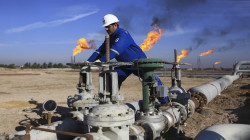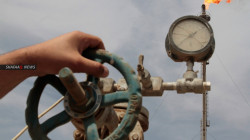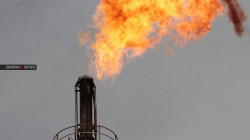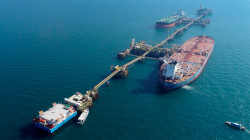SOMO eyes IOC partnership to boost its share in global market
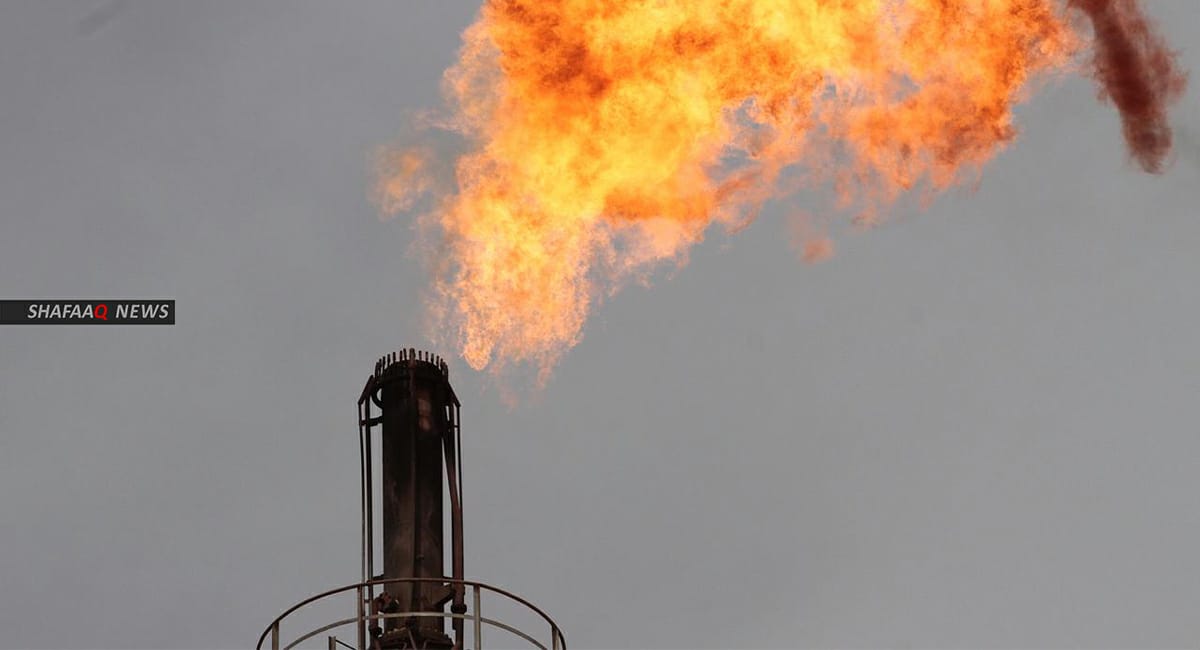
Shafaq News/ Iraq's state oil marketer SOMO is in talks with several international oil companies to help market Iraqi grades and boost their share in various markets, its deputy director general said July 21, as OPEC's second biggest producer seeks new European customers and tries to defend its position in Asia.
"We have a number of studies and negotiations are on with a number of IOCs... to explore the best ways and means to purchase and market Iraqi crude oil," SOMO's deputy director general Ali al-Shatari told S&P Global Commodity Insights in an interview.
"That's what we do as SOMO. I would say increasing or expanding our market share in certain markets and having partnerships in some areas in the marketing system."
Shatari declined to name the IOCs, but said they include companies that already operate in Iraq and some that do not currently.
"Most of the customers we are dealing with are IOCs who own refining systems," said Shatari. "Some of them own substantial refining systems basically all over the world, so of course those are the final destinations for our crude oil and any seller should really cooperate with potential big purchasers."
Discussions with IOCs were focused on marketing of spot cargoes, which have been "weak" in recent months and "even for term-lifters," he added.
Iraq, which traditionally sells most of its crude in Asia, is facing strong competition from cheap Russian crude as trade patterns shift in the wake of the Ukraine crisis.
European buyers' reluctance to buy Russian crude amid sanctions on Moscow, and with a complete EU-mandated phaseout by the end of this year, have forced Russian sellers to seek new markets in Asia, traditionally the turf of Middle Eastern grades such as Iraq's Basrah Medium and Basrah Heavy.
India and China, two top buyers of Iraqi oil, have both stepped up purchases of Russian crude, which has been available at substantial discounts for much of this year.
Since 2017, Iraq had been the top supplier of crude to India but in June it was overtaken by Russia, which exported some 1.124 million b/d to India, compared with Iraq's 1.011 million b/d, according to Kpler data.
The trend has continued into July, with latest data showing Russia ahead of Iraq in the Indian market.
Nonetheless, Iraq maintained its overall oil supply to Asia steady in June at 2.205 million b/d, with total exports increasing as it stepped up sales to Europe, based on Kpler data.
"Being the second [biggest exporter to India] instead of first does not mean those refiners are shifting their taste from Iraqi crude oil to Russia crude oil," said Shatari, who noted that Indian customers had not cut back volumes of Iraqi crude for June, July or August.
Russia's key export grade Urals has been trading at significant discounts to other crudes since the country invaded Ukraine on Feb. 24. Platts assessed Urals at $69.885/b and Dated Brent at $110.62/b on July 21, S&P Global data showed. Urals was assessed at $90.72/b and Dated Brent at $100.49/b the day before Russia invaded Ukraine.
"Strategy-wise, I do not think Russian crude will stay cheap for long," said Shatari. "I don't think it will be at the same discount, unless there is a big thing that will hit the economy and market, with the inflation environment we are living in nowadays, but this will hit all crudes not only Russian crude."
For now, Iraq also seems to be losing some ground in China, the world's biggest oil importer.
Until March, Iraq was the second biggest supplier of crude to the country this year after Saudi Arabia, but Russia has since risen to second place, based on Kpler data.
"All these challenges, I would not say it is easy to deal with," said Shatari. "These days and in the coming months we are having a number of meetings exploring new ideas and putting new plans forward for our customers to satisfy their needs and for us to get the best value of our crude oil exported to different markets."
Some of these new plans include talks with existing customers in Europe, and potentially new ones, to supply them with Iraqi crude, export constraints permitting.
Iraq is trying to boost is southern oil export capacity and any incremental crude sales depend on the progress it makes expanding export infrastructure.
"We are having a number of discussions with the current [European] customers if they need to increase their contractual volumes and also approaching new refineries in different areas in Europe to enter into term contracts or at least participate in our spot tenders," said Shatari.
Since March, European imports of Iraqi crude have risen, based on Kpler data.
